How Dentists Can Help You With Sleep Apnea
Do you suffer from obstructive sleep apnea? According to SleepApnea.org, it is estimated that 22 million people in the United States suffer from sleep apnea. Up to 80% of instances of moderate to severe obstructive sleep apnea go untreated. If this is what you are experiencing. You should know that you are not alone.
Signs of Sleep Apnea
If you have sleep apnea, you will experience episodes during the night in which your breathing will become shallow or stop altogether. During your sleep, you may have pauses in breathing that may occur multiple times every hour. Snoring is a common symptom of sleep apnea. This can also lead you to wake up repeatedly throughout the night in order to take deep breaths. Your dentist will be able to assist you in the treatment of your sleep apnea.
How Dentists Can Help
Dentists have the ability to perform dental sleep medicine, which focuses on the utilization of mouth appliances to treat snoring as well as obstructive sleep apnea. When you have obstructive sleep apnea, the muscles in the back of your throat relax. This makes it easier for tissues in the surrounding area to block your airway. The use of oral appliance treatment, which can be supplied by a dentist, assists in maintaining an open airway.
A removable oral component, similar in size and shape to a mouth guard used by athletes or a retainer used in orthodontic treatment, is worn in the mouth while you sleep as part of oral appliance therapy. Mouth appliances come in a variety of forms and their appearances might vary. These oral appliances are used to treat obstructive sleep apnea.
The most common type of oral appliance used to treat sleep apnea is called a mandibular repositioning device. This device moves your lower jaw forward and slightly downward while you sleep in order to keep your airway open. Mandibular repositioning devices are also known as "mandibular advancement devices." Devices that hold your tongue in place in order to prevent it from obstructing your airway are known as tongue retainers.
Your dentist will be able to guide you through the process of selecting a potential oral appliance to treat your sleep apnea. If you are suffering from sleep apnea, please contact our practice. We would be happy to help improve your daily life.
VISIT US
HOURS
HOURS
- Monday
- -
- Tuesday
- -
- Wednesday
- -
- Thursday
- -
- Friday
- -
- Saturday
- Appointment Only
- Sunday
- Closed
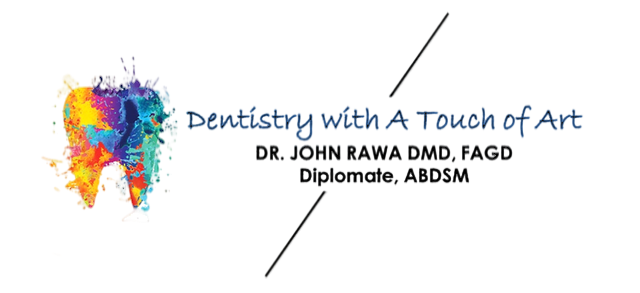
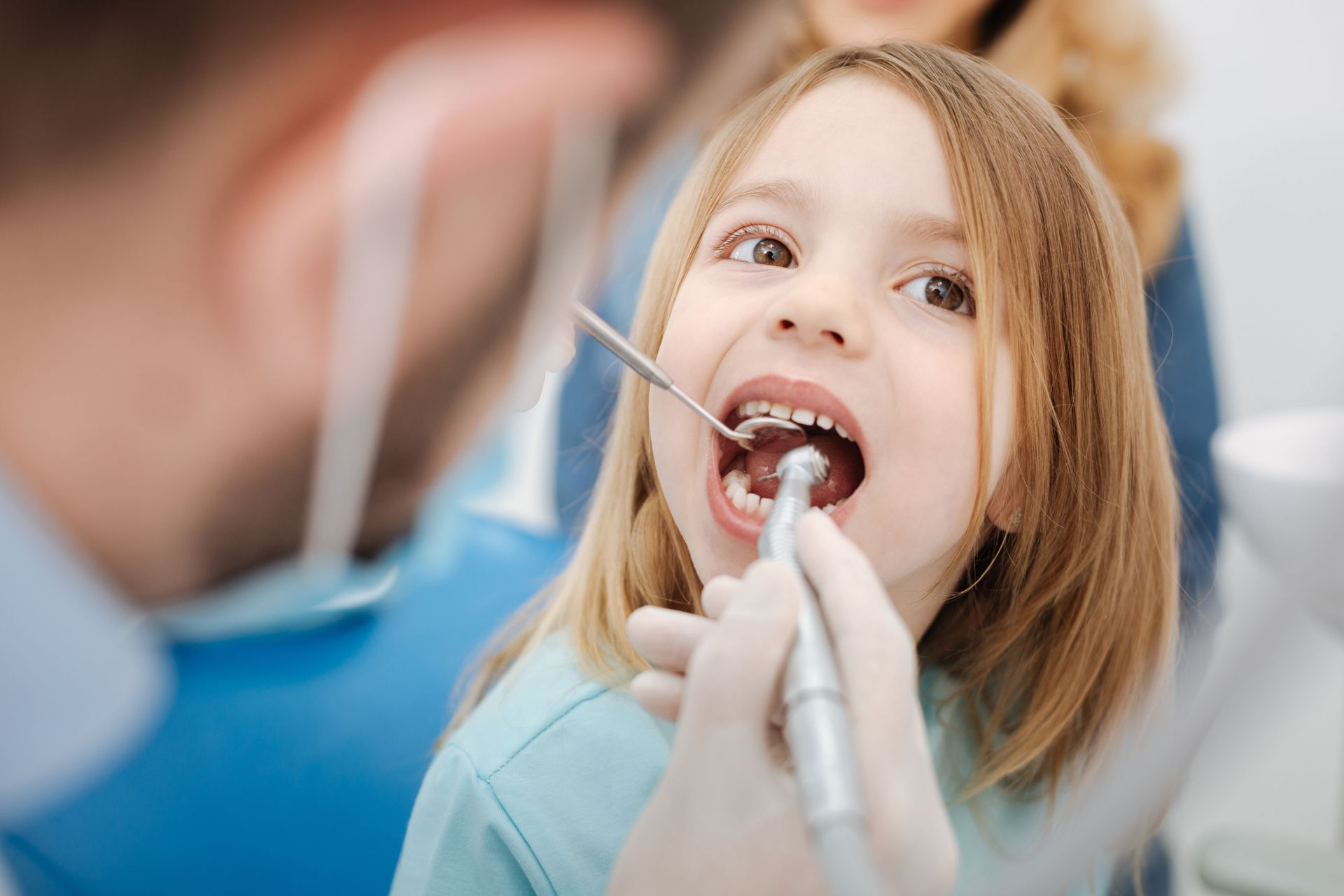
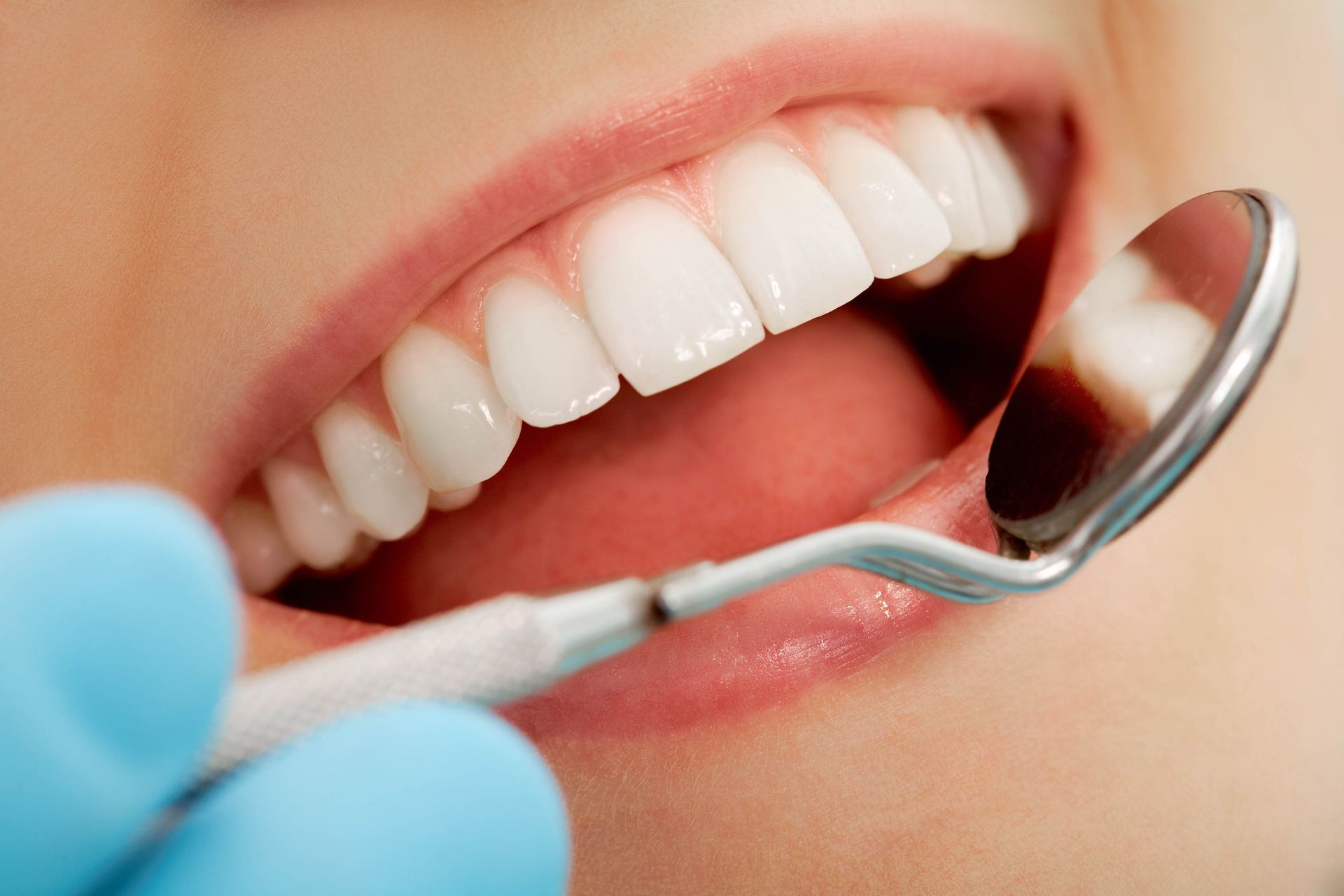
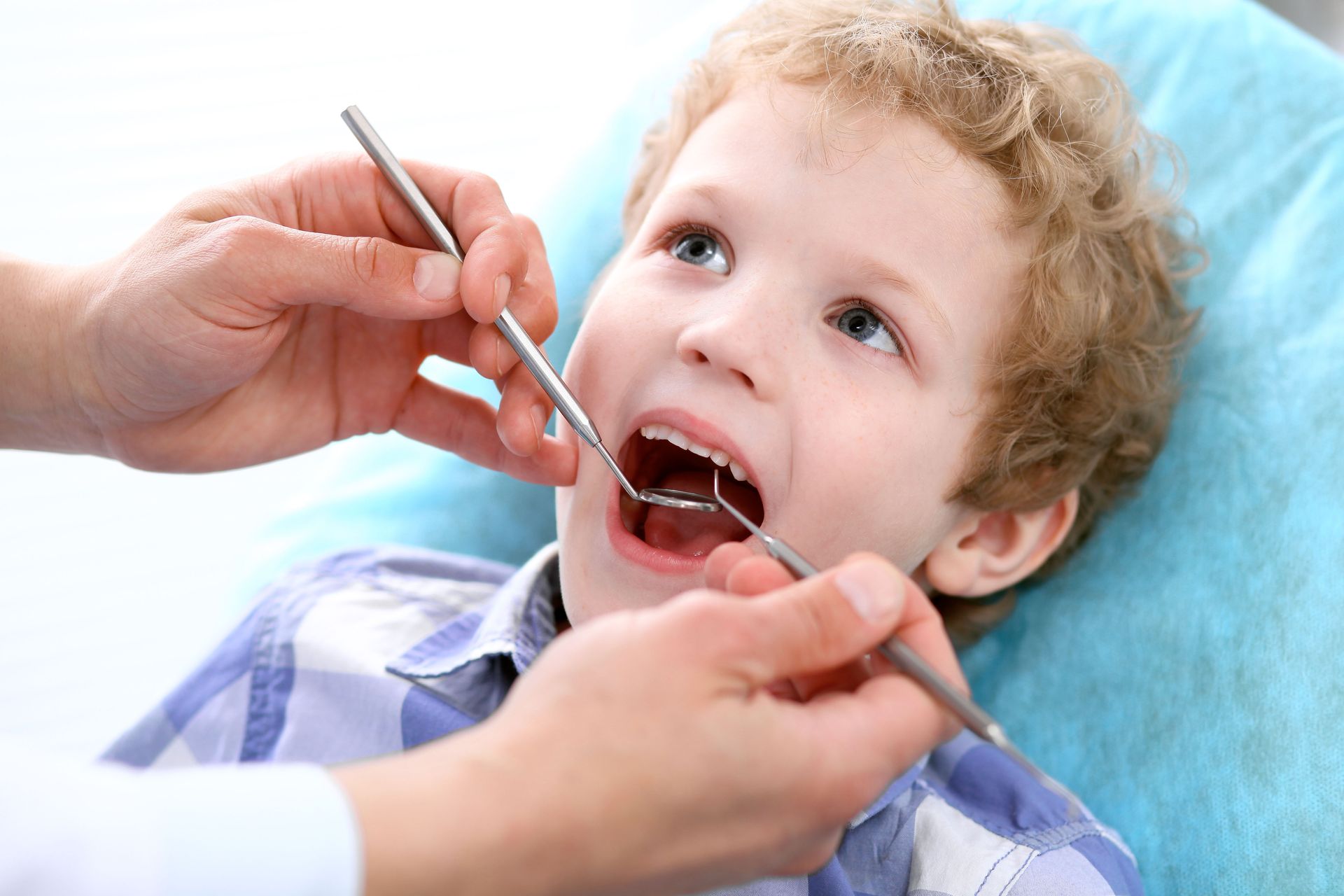

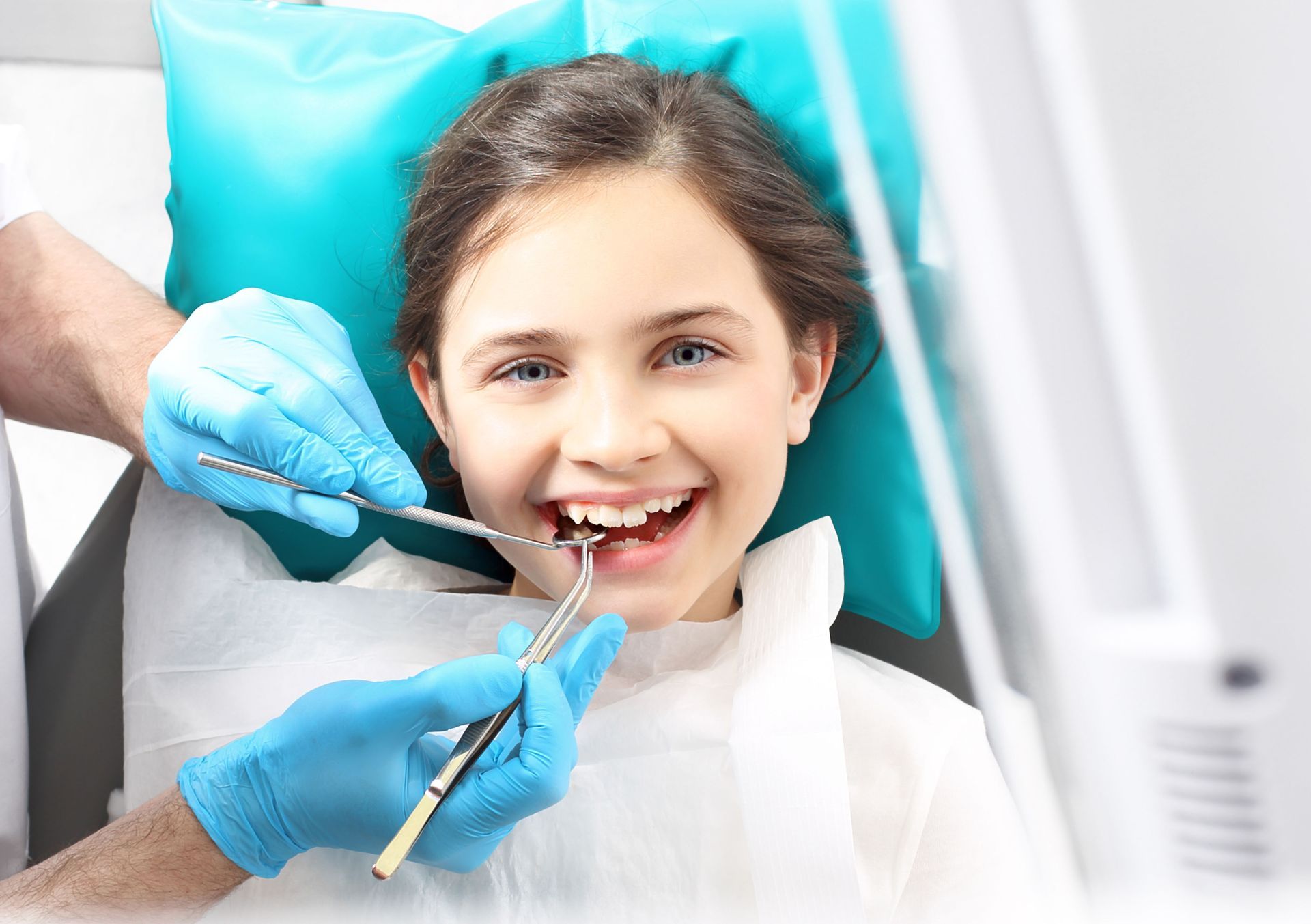

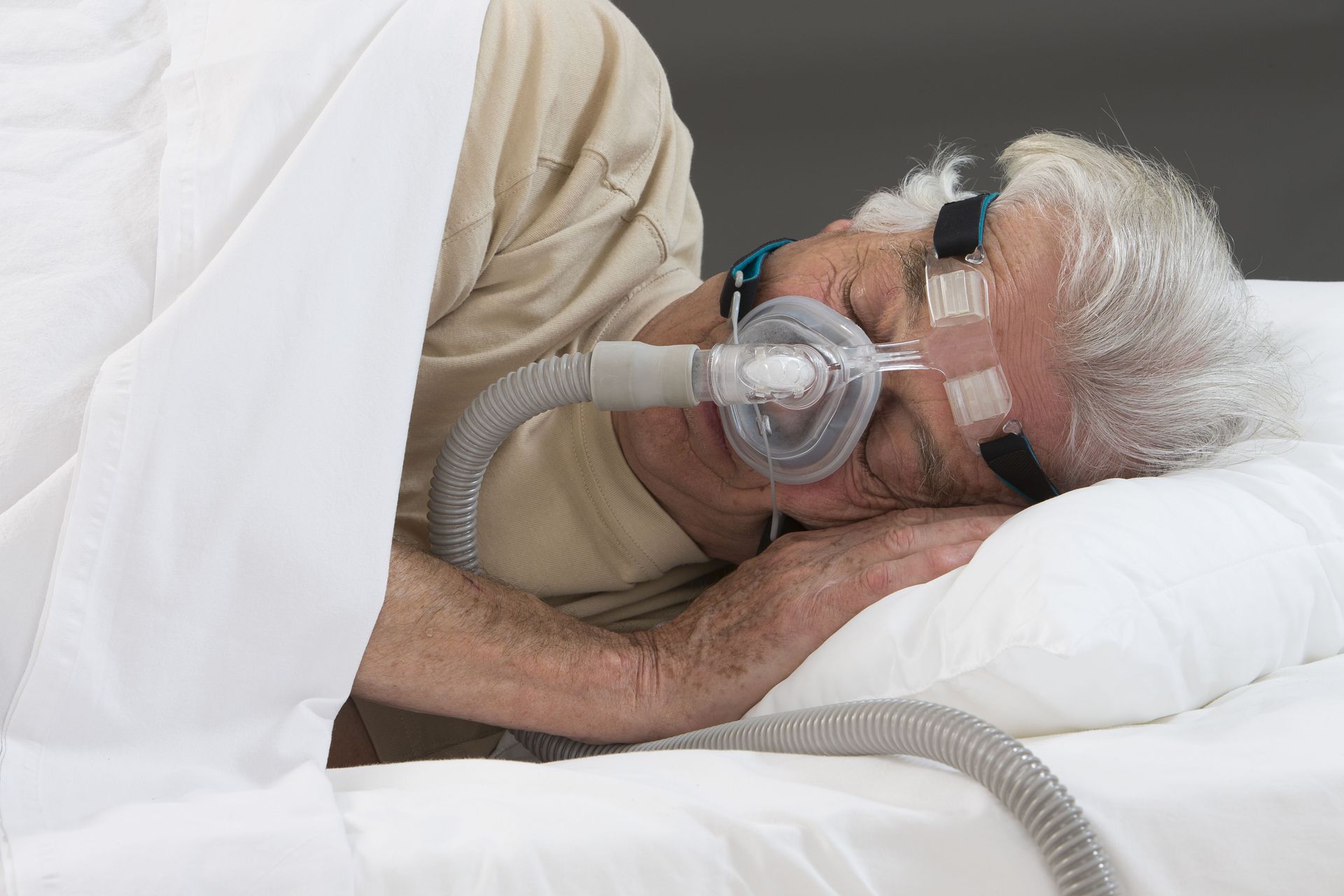
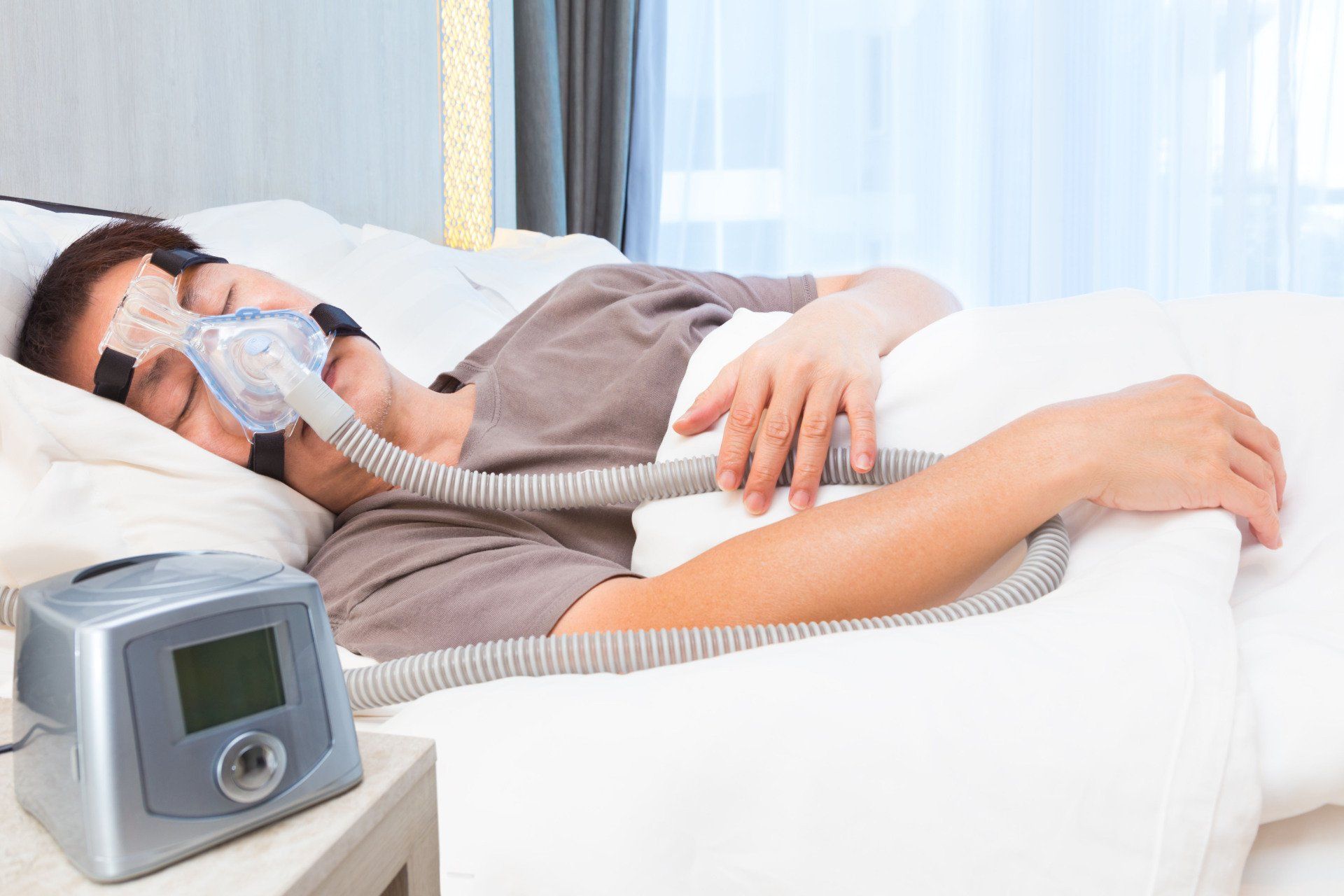
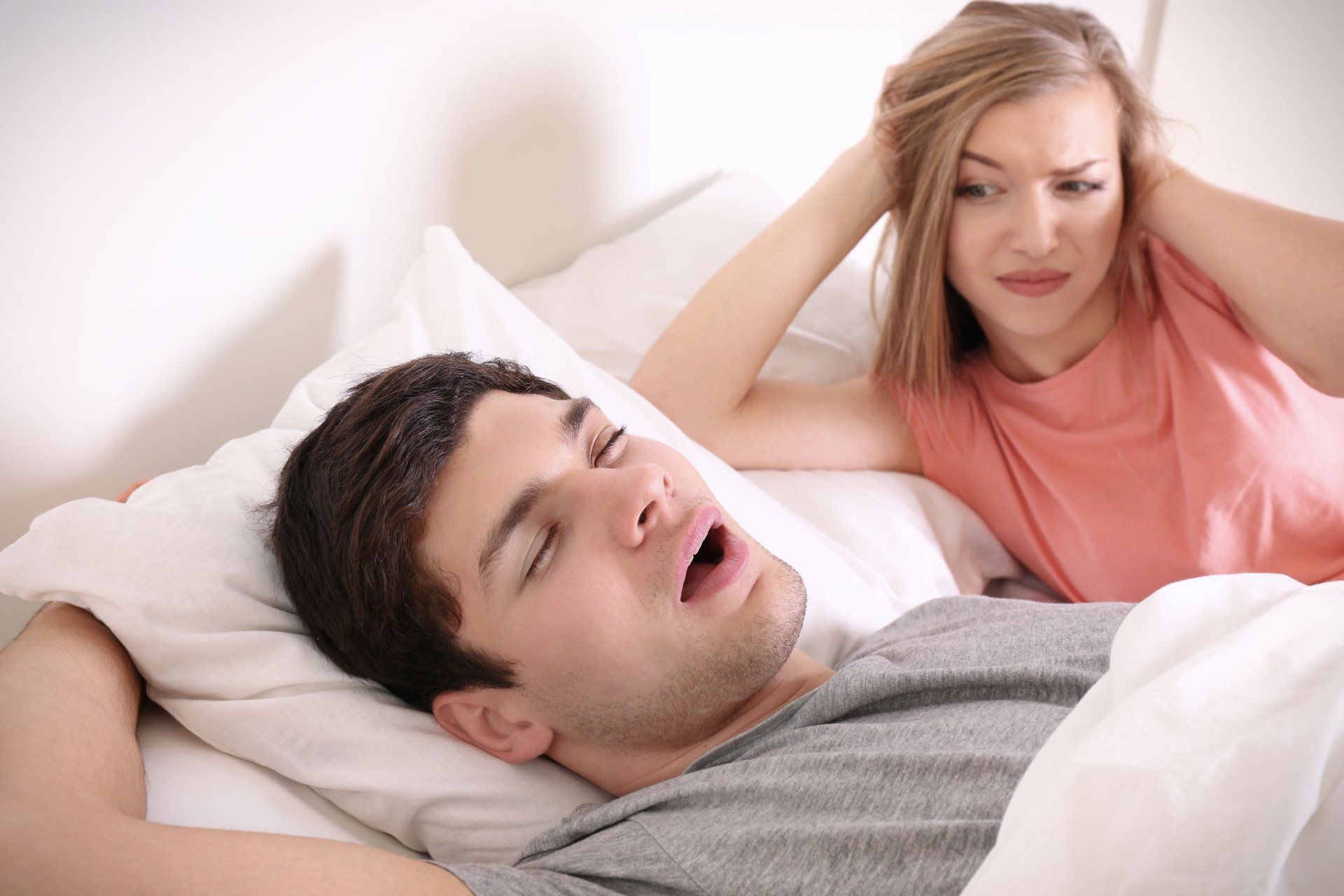
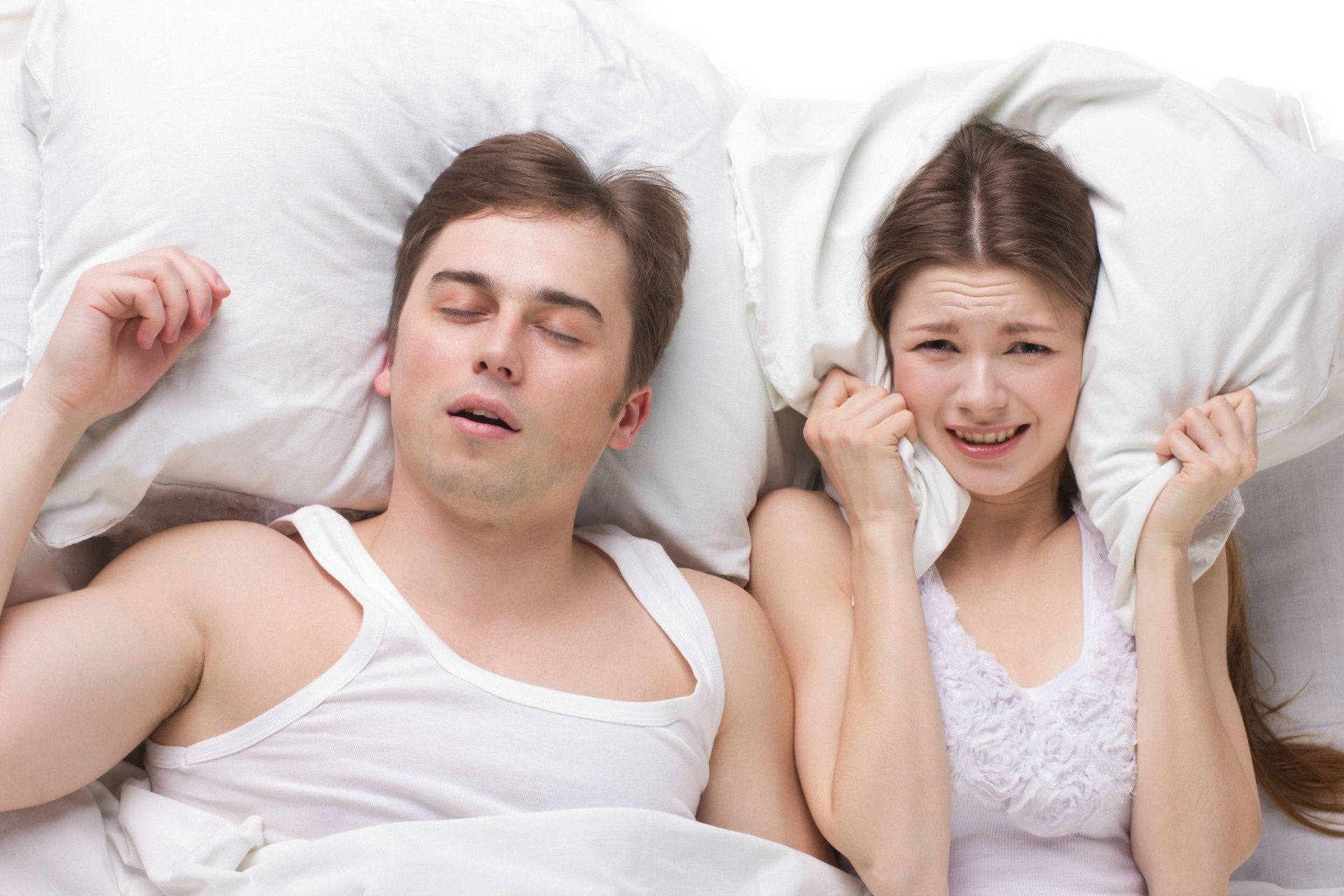
Share On: